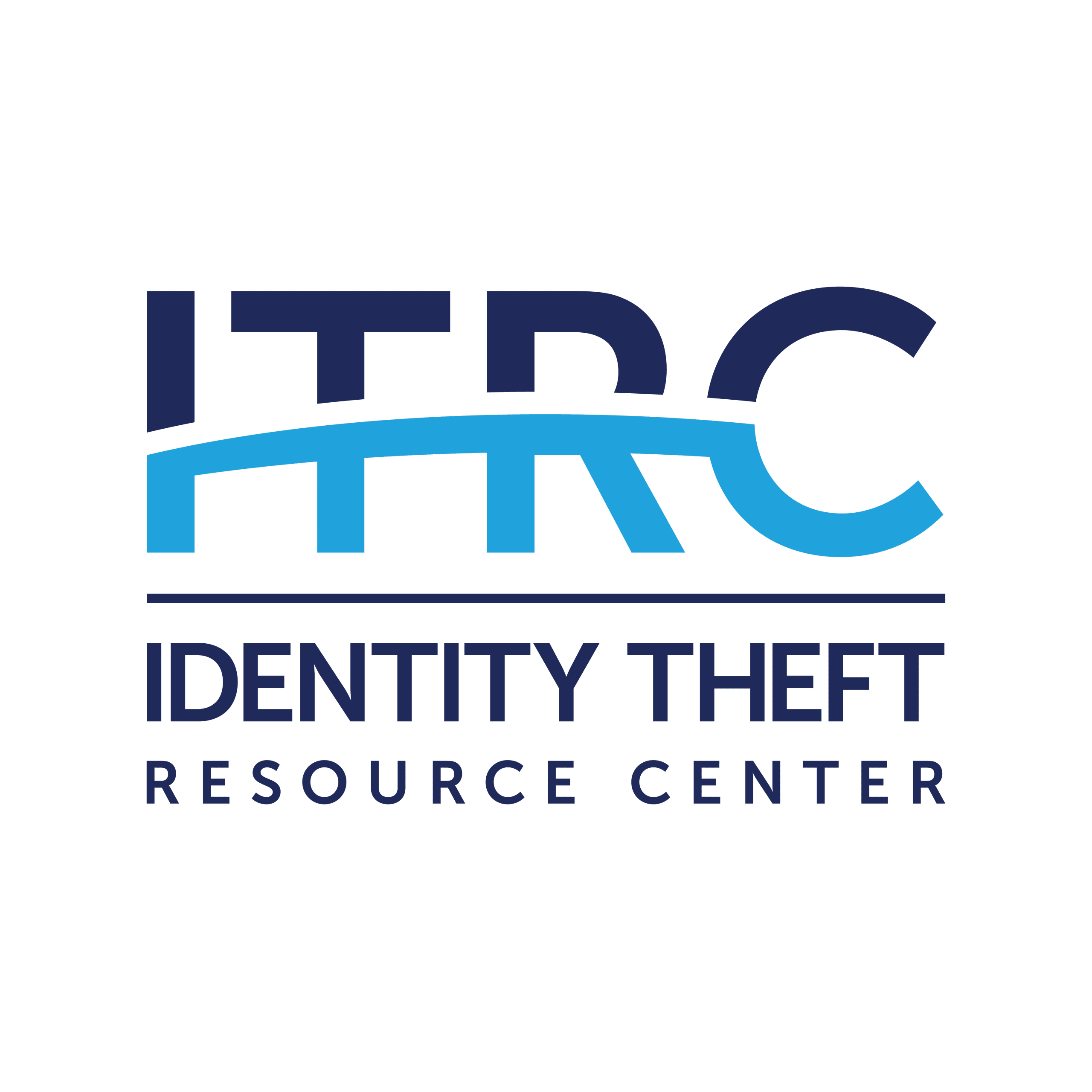Your Taxes Start with Scam Detection
Home Help Center Your Taxes Start with Scam Detection

January marks the time of year when many of us start gathering the necessary paperwork to file our tax returns. Okay, maybe February or March. April? Could be! But when you think about it, your efforts to file this year’s tax return may have actually begun even sooner. You taxes should start with tax scam detection.
Quite a long time ago, a thief would steal your checking account or your credit card number, then rack up some charges. You had to do a good bit of legwork to get those charges cleared, but otherwise, that was pretty much the end of it. As financial identity theft became more widespread, banks and credit card companies got better at weeding out your genuine charges from the fraudsters.
Unfortunately, identity thieves have figured out where the real money is, and that’s in accessing your “permanent” information. A stolen credit card number is only useful until your financial institution catches wind of it, but your Social Security number can be used to open new accounts for possibly the rest of your life. That number, along with your birthdate and a few other keys pieces of data, can be used to file fraudulent tax returns for years to come, and to apply for government benefits or even a job. All of those situations can mean you get to face an annual headache come tax time as you try once again to prove that you didn’t earn more than you really did, aren’t receiving those benefits, and don’t have a spare house or extra kids lying around to deduct from your taxes.
But there’s another danger from tax-related identity theft and fraud, and that’s scam attempts that come at you throughout the year. Typically, this happens as callers claim to be IRS agents, informing you that you’re going to jail if you don’t pay your taxes immediately.
The IRS has an undeserved reputation as the “big bad wolf” of government agencies. Popular culture highlights the fear surrounding being audited or pokes fun at the IRS agent as a bureaucratic character, but that’s not actually the case. Unfortunately, this public perception of the IRS and a lack of tax scam detection makes it easy for scammers to coerce their victims into handing over their money with threats of hefty fines and even arrest.
First of all, the IRS does not arrest people. Again, our pop culture includes tales of the notorious crime boss Al Capone and his tax evasion charges, but the IRS itself will never send the police after you, and certainly not for making a mistake on your tax return. Scammers just hope you don’t know that.
More importantly, the IRS will never demand an iTunes gift card as the required payment method when they contact you. You will not be required to pay by prepaid debit card or wire transfer, either. Scammers like to demand those methods of payment for a couple of very simple reasons. They’re untraceable, and they’re non-refundable. Once you make payment via Western Union or an Amazon gift card, that money is gone and so is the scammer.
Finally, the IRS simply doesn’t call taxpayers and tell them they have to pay their taxes immediately. If there was actually a problem with your tax return, you would receive a letter in the mail outlining your information and what steps are required, as well as what your rights are.
So why do people still fall for these kinds of scams? Because there’s a strong emotional response to being threatened by a “government agent,” and the criminals know it. It’s pretty hard to hang up the phone when you’ve been told you’re going to jail. Scammers rely on that fear and apprehension to get you to skip right over the facts and fall for their lie. Know your rights, know how your own government works, and be prepared to fight back against a thief.
Questions about identity theft and tax scam detection? Connect with the ITRC through our toll-free call center at (888) 400-5530.
How much information are you putting out there? It’s probably too much. To help you stop sharing Too Much Information, sign up for the In the Loop.
Get ID Theft News
Stay informed with alerts, newsletters, and notifications from the Identity Theft Resource Center

